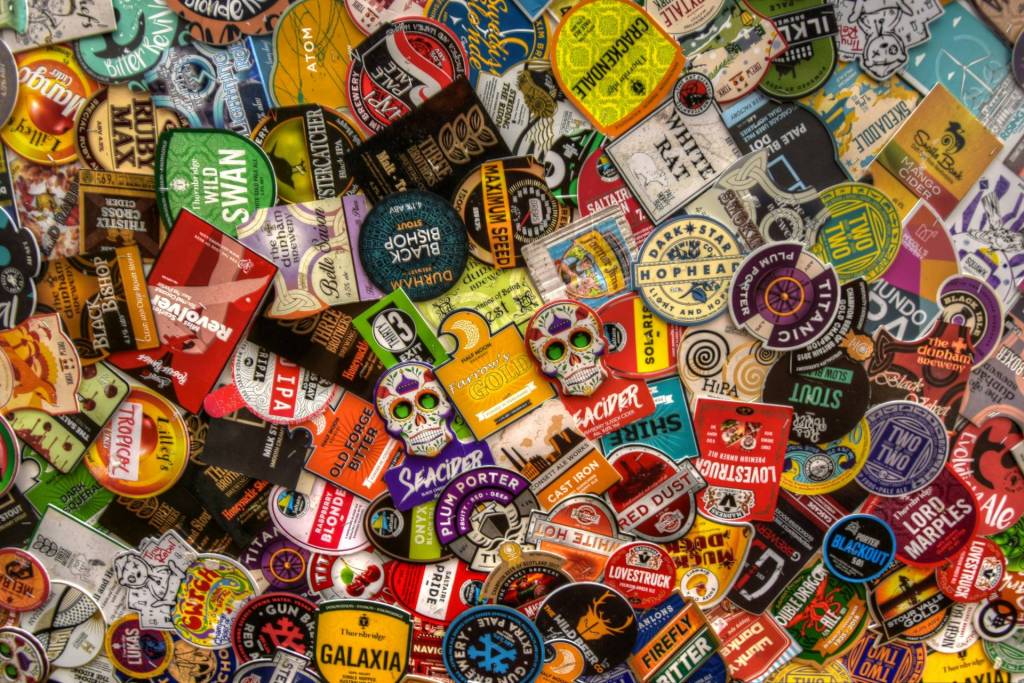On Jeopardy! last week, Ken Jennings and Brad Rutter, the two all-time top money earners squared off in a one million dollar championship against Watson, a new IBM computer designed to respond to spoken questions.
IBM was looking for a dramatic way to enhance their brand–already riding high after defeating the world’s greatest chess players five years ago. Their goal was to demonstrate their latest advances in speech recognition and artificial intelligence–a key to allowing computers to do more than store information.
After months of promotion, the Jeopardy! man-versus-computer face-off took place over three nights. The day after the competition, the print edition of Stephen Baker’s Final Jeopardy: Man vesus Machine and the Quest to Know Everything!, appeared in bookstores around the country. (see e-book story, below)
To cut to the chase, the IBM computer won. But…
Although the 3-day event drew a lot of viewers, hundreds of YouTube videos, lots of press coverage, and the Final Jeopardy! book is selling very well, I wonder about the competition’s long-term implications for the IBM and Jeopardy! brands.
Likeability
The issue is likability.
Emotions play a major role in brand-building; emotions frequently outweigh facts. You can be right, and still be wrong, in other words.
And that’s what I suspect was wrong with last week’s championship, and why the event left me feeling distanced, rather than closer, to Jeopardy! and IBM.
Rational versus emotion
The rational, major step forward that Watson represented in problem solving and speech recognition was overshadowed by emotional discomfort watching two popular favorites steadily losing ground to the IBM’s Watson.
On the one hand, I can see how Watson will help physicians do a better job of helping doctors cure illness, yet…I didn’t enjoy seeing Ken Jenning’s and Brad Rutter’s increasing frustration. The event was also one-more example of the role of corporate technology in our lives.
Nor did I really like the way the 3-day event was, basically, an example of a large corporation creating what amounted to an expensively-produced infomercial out of one of my favorite television shows.
I’m not an Apple “Macintosh person,” but as I was watching the championship, I kept thinking of the huge gap between the optimism of Steve Jobs’ MacWorld keynote speeches and last week’s event.
Mostly, I’m wondering if I was the only one who felt disenchanted by last week’s event, or if others feel this way, too.
Positive publishing lessons
On a related, but different topic, Amazon.com and Houghtin-Mifflin, did score some positive, creative marketing points with the Kindle eBook version of Final Jeopardy!.
The Kindle version of Final Jeopardy! was on sale since early January, but–in order to avoid giving the ending away before the televised event took place–the e-book version was sent without the last chapter!
As a result, the Kindle version of Final Jeopardy! helped build awareness for the event without giving away the ending! A pretty slick technique, one I’m sure we’re going to be seeing more and more of in the coming years.
The “delayed last chapter” technique can be easily implemented by any self-published author tieing the launch of their brand building book to specific events like workshops, webinars, or conferences.
How do you feel about the “man versus machine” event?
What was your reaction to million dollar championship? Did you watch the event at all? Did you watch all 3 days? Did the event favorably or unfavorably influence your perception of the IBM brand or the Jeopardy! brand? Who came across the biggest winner? Please share your opinions as comments, below.
Author:
Roger C. Parker‘s Published & Profitable blog offers over 1,000 tips for planning, writing, promoting, and profiting from a brand-building book.












